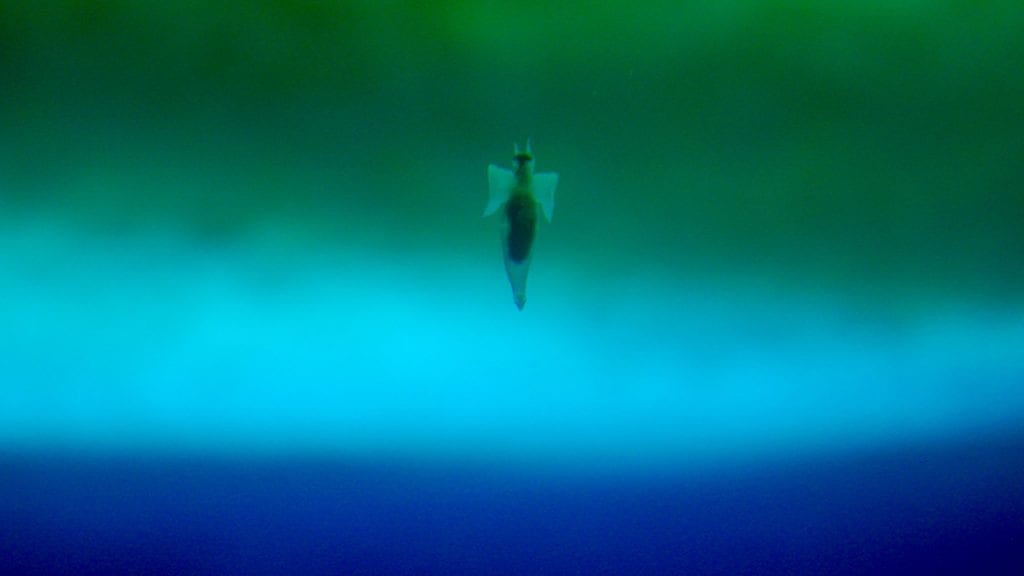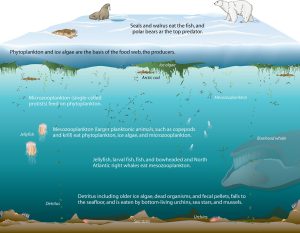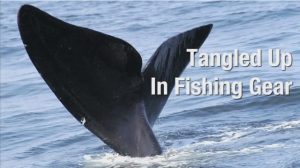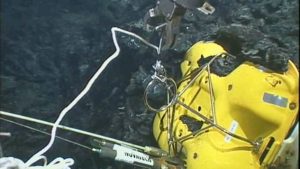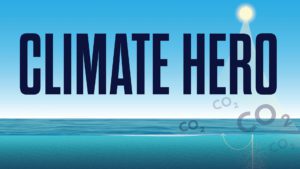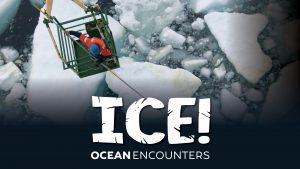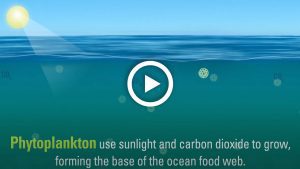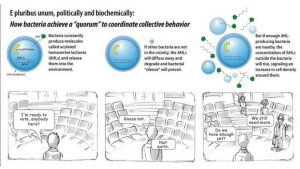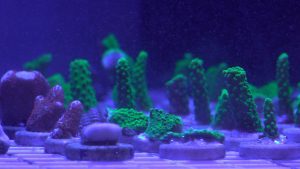A shell-less pteropod swims under sea ice in Antarctica. Pteropods are small marine snails that use wing-like appendages to “fly” though the water. For that reason, shelled pteropods are commonly called “sea butterflies,” while shell-less pteropods are referred to as “sea angels.” These delicate animals play an important role in the food web as key prey for many fishes, seabirds, and whales. The shelled variety is under threat from ocean acidification, caused by increasing atmospheric carbon dioxide (CO2 ). As excess CO2 dissolves into the ocean, it’s converted to corrosive carbonic acid, causing problems for marine animals that use calcium carbonate to build shells or skeletons. While acidification won’t directly affect shell-less pteropods, it will impact their food supply, since they dine exclusively on their shelled relatives. (Photo by Laura Stevens, Woods Hole Oceanographic Institution)
Image and Visual Licensing
WHOI copyright digital assets (stills and video) contained on this website can be licensed for non-commercial use upon request and approval. Please contact WHOI Digital Assets at images@whoi.edu or (508) 289-2647.
